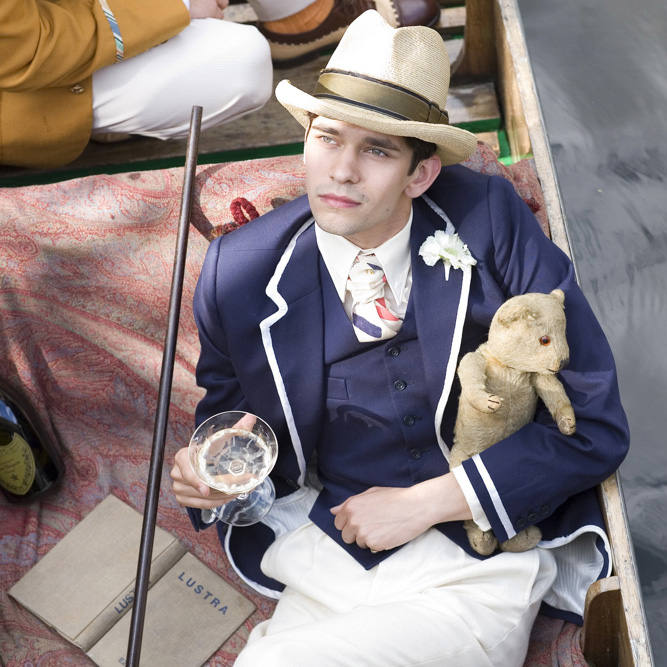Ben Whishaw and I are seated on benches outside a restaurant in east London. Inside is a vast emporium and lots of chandeliers, but its glamour is infected with coronavirus reminders – hand sanitizer on tables and “Don’t go this way, go that way” signs. It feels as if we are seeing the dawn of something much worse that’s going to happen.
Whishaw appears a little thin; even in a chunky bottle-green jumper and jeans, he looks as if he could fall down the crack of a pavement. His facial hair accentuates already well-defined cheekbones.

